NIH-supported study provides evidence for implementing approach broadly.
A study published today in the New England Journal of Medicine provides real-world evidence that implementing a combination of proven HIV prevention measures across communities can substantially reduce new HIV infections in a population.
Investigators found that HIV incidence dropped by 42 percent among nearly 18,000 people in Rakai District, Uganda, during a seven-year period in which the rates of HIV treatment and voluntary medical male circumcision increased significantly.
The HIV prevention strategy whose impact was observed in the study is based on earlier findings by the National Institutes of Health and others demonstrating the protective effect of voluntary medical male circumcision for HIV-uninfected men and of HIV-suppressing antiretroviral therapy (ART) for halting sexual transmission of the virus to uninfected partners. The strategy is also based on studies showing that changes in sexual behavior, such as having only one sexual partner, can help prevent HIV infection….


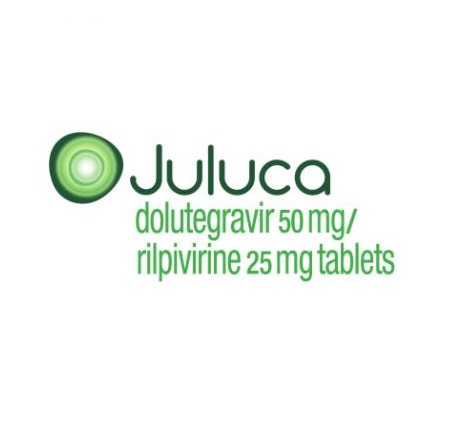


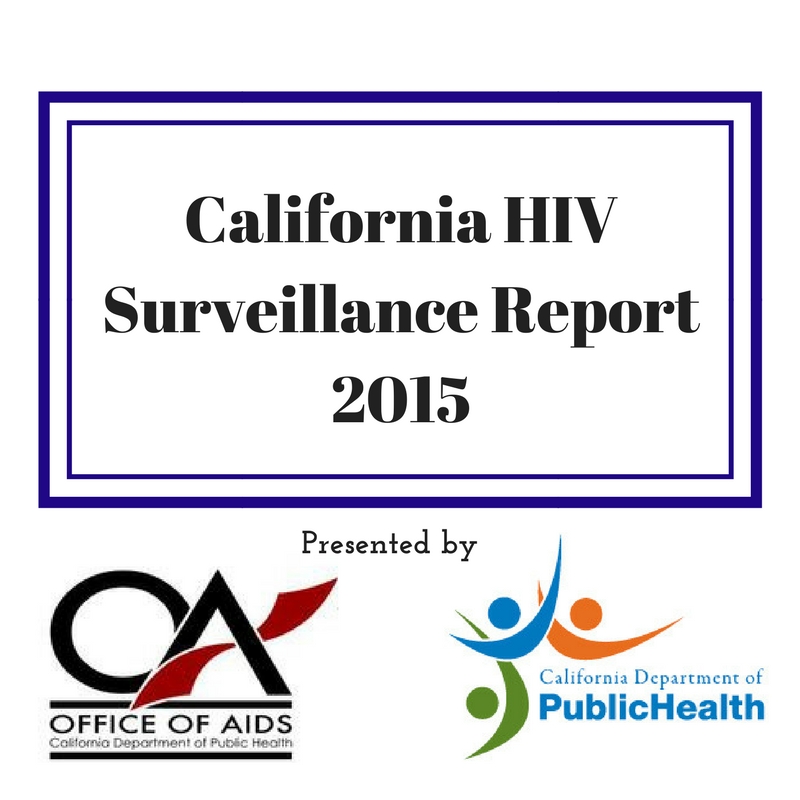
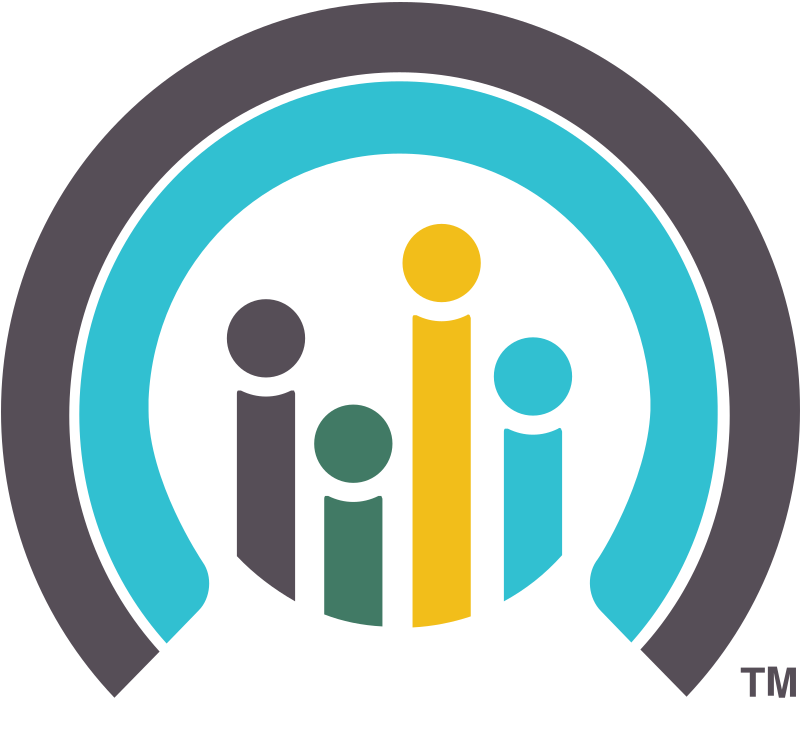
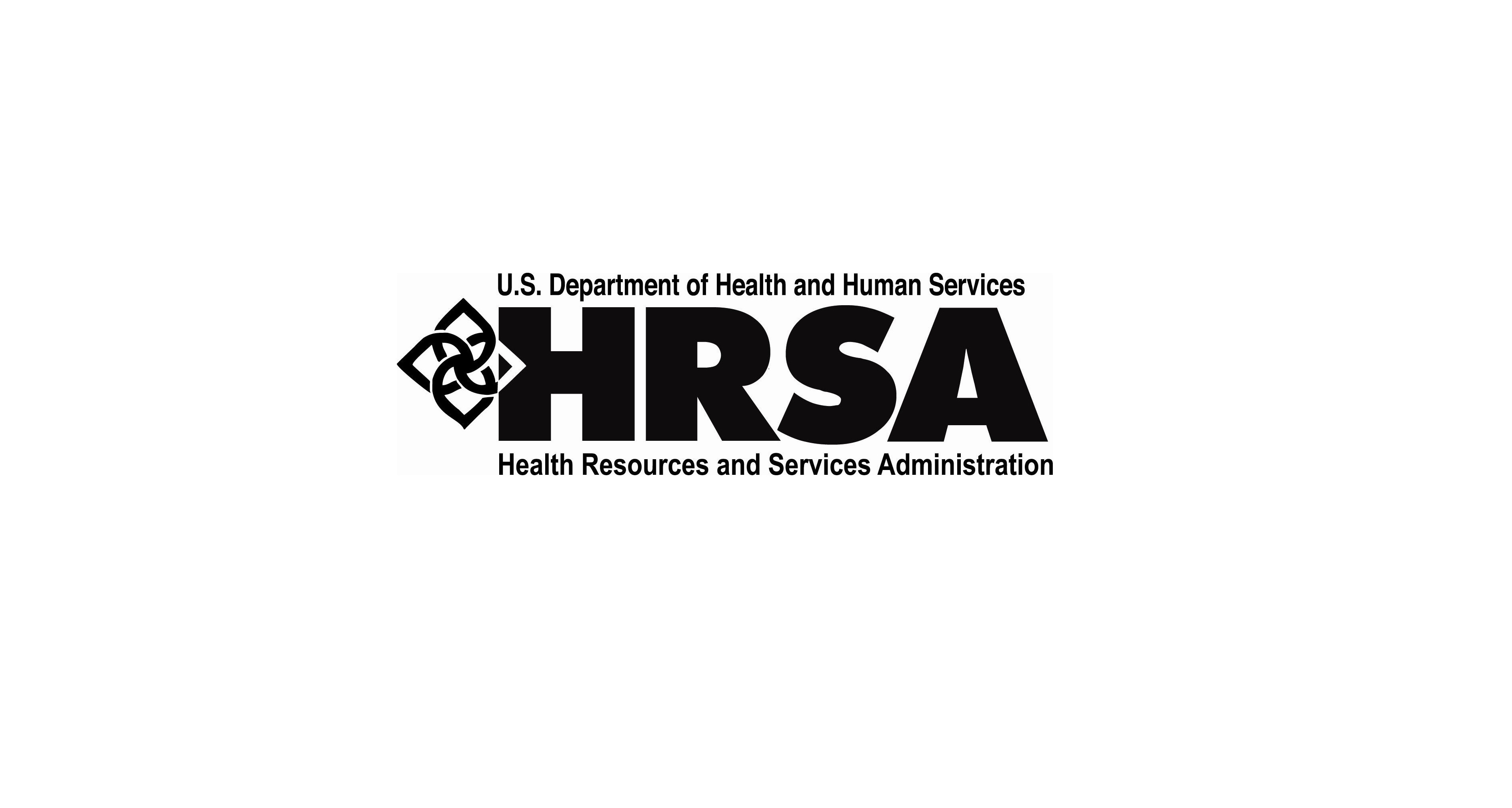
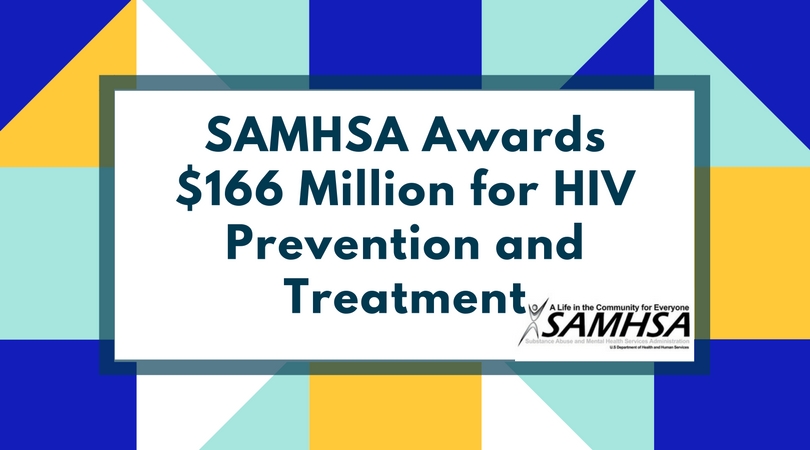

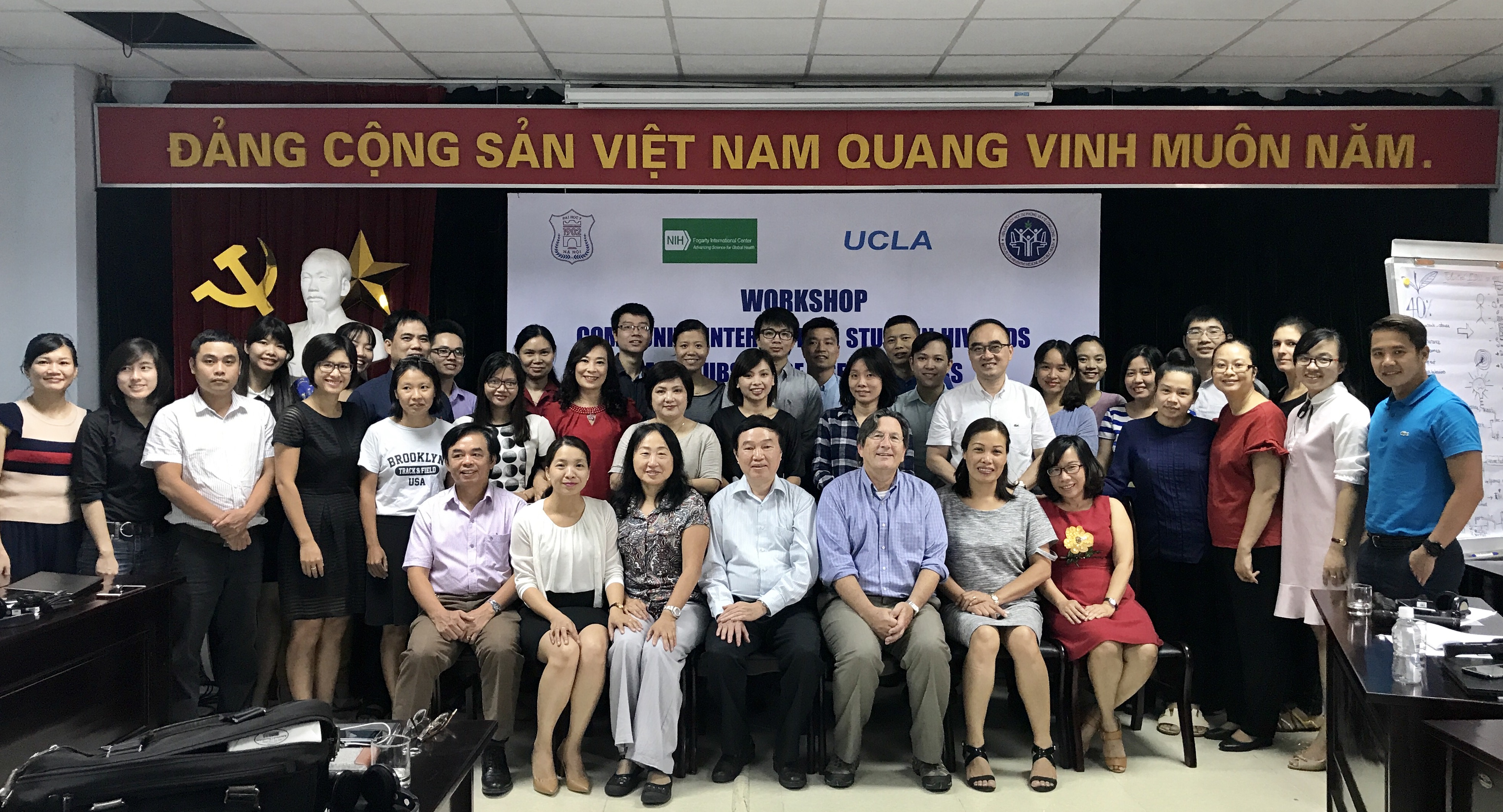
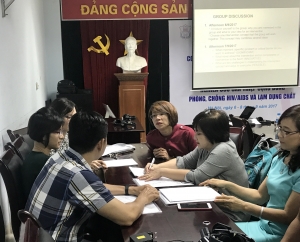 September 8, 2017, Hanoi, Vietnam — During September 6th-8th, 2017, Faculty and researchers from academic institutions in Vietnam, researches from local NGOs, Ministry of Health Program Managers, Graduate students of Hanoi Medical University, and Fellows of the Vietnam Fogarty Training Program gathered together for a workshop series on “Community-Based Intervention Study in HIV/AIDS and Substance Abuse.”
September 8, 2017, Hanoi, Vietnam — During September 6th-8th, 2017, Faculty and researchers from academic institutions in Vietnam, researches from local NGOs, Ministry of Health Program Managers, Graduate students of Hanoi Medical University, and Fellows of the Vietnam Fogarty Training Program gathered together for a workshop series on “Community-Based Intervention Study in HIV/AIDS and Substance Abuse.”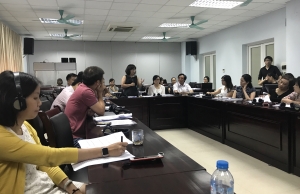
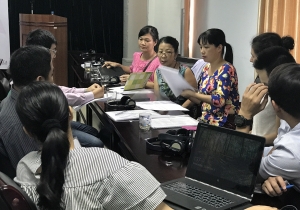 Meanwhile Dr. Shoptaw also spoke on the Medications for Substance Abuse in the Setting of HIV while another CHIPTS faculty member, Dr. Chunqing Lin presented on An Overview of Implementation Science in Healthcare.
Meanwhile Dr. Shoptaw also spoke on the Medications for Substance Abuse in the Setting of HIV while another CHIPTS faculty member, Dr. Chunqing Lin presented on An Overview of Implementation Science in Healthcare.